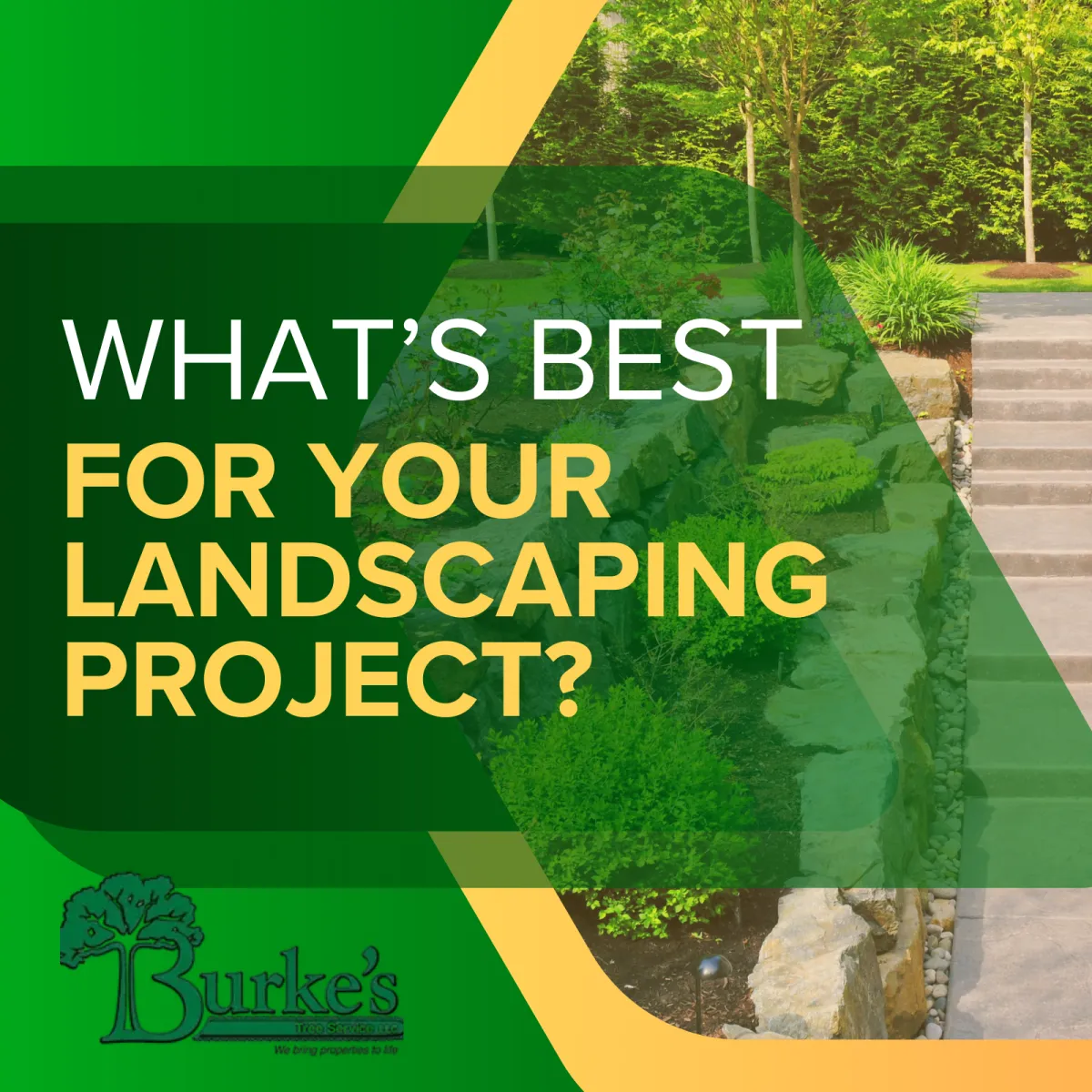
What’s Best for Your Landscaping Project?
Stone vs. Gravel: Choosing the Best Option for Your Landscape
Whether you’re fixing up the front walk, building a new garden bed, or just plain tired of mowing that weird corner of the yard, stone and gravel are solid solutions—literally.
But while people often use “stone” and “gravel” interchangeably, they’re not the same thing. And when it comes to landscaping, choosing the right material can mean the difference between a sharp, low-maintenance look and a patchy mess you regret next spring.
So let’s clear things up. Here’s everything you need to know about stone vs. gravel in New Hampshire landscaping—straight from the folks who haul, spread, and work with this stuff every week.

What’s the difference between stone and gravel?
Let’s start with the basics:
• Stone typically refers to crushed or decorative rock that’s been shaped and sorted. It comes in various sizes and colors, often used for visual appeal or heavy-duty applications like driveways and retaining walls.
• Gravel is a broader term and often refers to small, rounded stones—often naturally weathered and smoother than crushed stone. It’s popular for pathways, drainage, and garden beds.
Both materials are durable, functional, and add texture to your yard. But depending on your project, one might make more sense than the other.
When to Use Stone in Landscaping
Stone is ideal when you need structure, visual impact, or long-term durability.
Best uses for stone:
• Walkways or garden paths
• Edging for beds or driveways
• Under decks or behind retaining walls
• Around foundation plantings
• As a base for larger projects

Pros of stone:
• Heavy and stable—won’t shift or scatter as easily
• Comes in a wide range of colors and styles
• Looks clean, modern, and low-maintenance
• Doesn’t decompose or attract pests like mulch
Cons:
• More expensive than gravel
• Heavier to move and install
• Needs proper edging to hold shape
If you’re going for that polished, permanent feel, decorative stone is a great choice. And yes—we deliver and install it.

When to Use Gravel in Landscaping
Gravel is great when you need drainage, flexibility, or a more rustic look.
Best uses for gravel:
• Drainage zones or dry riverbeds
• Garden bed ground cover
• Pathways (with good edging)
• Fire pit surrounds
• Dog runs and utility areas
Pros of gravel:
• Less expensive than stone
• Easy to spread and refresh
• Great drainage properties
• Natural, casual appearance
Cons:
• Can shift or spread over time
• Needs occasional top-ups
• Weeds may sneak through without a barrier
Want something low-key, cost-effective, and practical? Gravel might be your answer.

What’s best for drainage?
Hands down: gravel.
Its loose structure and size make it ideal for helping water move through the landscape. Whether you’re fighting standing water in a low spot or need a dry zone behind a wall or patio, gravel is your friend.
We often use it behind retaining walls, under decks, around basement windows, and in French drains.
Pro tip: Pair it with landscape fabric to keep it clean and weed-free.

What’s better for pathways?
It depends on your style and how much foot traffic the path gets.
• Stone (especially crushed stone or pea stone) creates a firmer, more finished path. It looks sharp, doesn’t move as much, and works great for front walkways or garden paths.
• Gravel feels more relaxed and natural. It works well in backyard spaces or informal walkways—just be prepared to rake it back into place occasionally.
Either way, a solid base layer and proper edging are key to keeping things tidy.
What looks better for curb appeal?
This one’s personal, but if you want that neat, high-end look, go with stone. Especially in front yards or around entryways, stone just pops.
Want something that blends into a wooded or rustic property? Gravel’s your go-to.
Need help deciding? We’ve got samples, photos, and enough experience to help you visualize it in your space.
Do I need to prep before installing stone or gravel?
Yes. A little prep goes a long way in keeping things clean and low-maintenance.
Here’s what we usually recommend:
1. Clear the area. Remove weeds, roots, old mulch, or sod.
2. Level the space. Especially important for paths or patios.
3. Install a weed barrier. Landscape fabric keeps the base clean.
4. Add edging. Keeps your materials in place long-term.
5. Spread the base layer (if needed). Crushed stone for stability, especially under stone.
6. Install your stone or gravel. Usually 2–3 inches deep.
We handle all of that as part of our aggregate installation services. Whether you’re starting fresh or upgrading an old area, we’ll make it solid.

Burke’s Stone & Gravel Options
We stock and deliver a variety of premium-grade materials for properties across the Rochester area:
• Black Mulch & Dark Pine Mulch (yep, still super popular)
• Cedar Mulch for that fresh scent and pest resistance
• Decorative Stone in multiple colors and textures
• Drainage Gravel for low spots and foundations
• Crushed Stone for base layers and walkways
• Pea Gravel for beds, patios, and fire pit surrounds
Not sure how much you need? We’ll help you measure and deliver exactly what your project calls for.
Ready to Rock Your Yard?
Stone or gravel—either one can take your landscape from average to awesome. Whether you’re looking for clean curb appeal, better drainage, or a low-maintenance upgrade, we’ll help you pick the right material and install it right the first time.
Visit us to order your materials or schedule an install:
👉 https://www.burkestreeservice.net
Let’s bring your property to life—one stone (or scoop of gravel) at a time.
